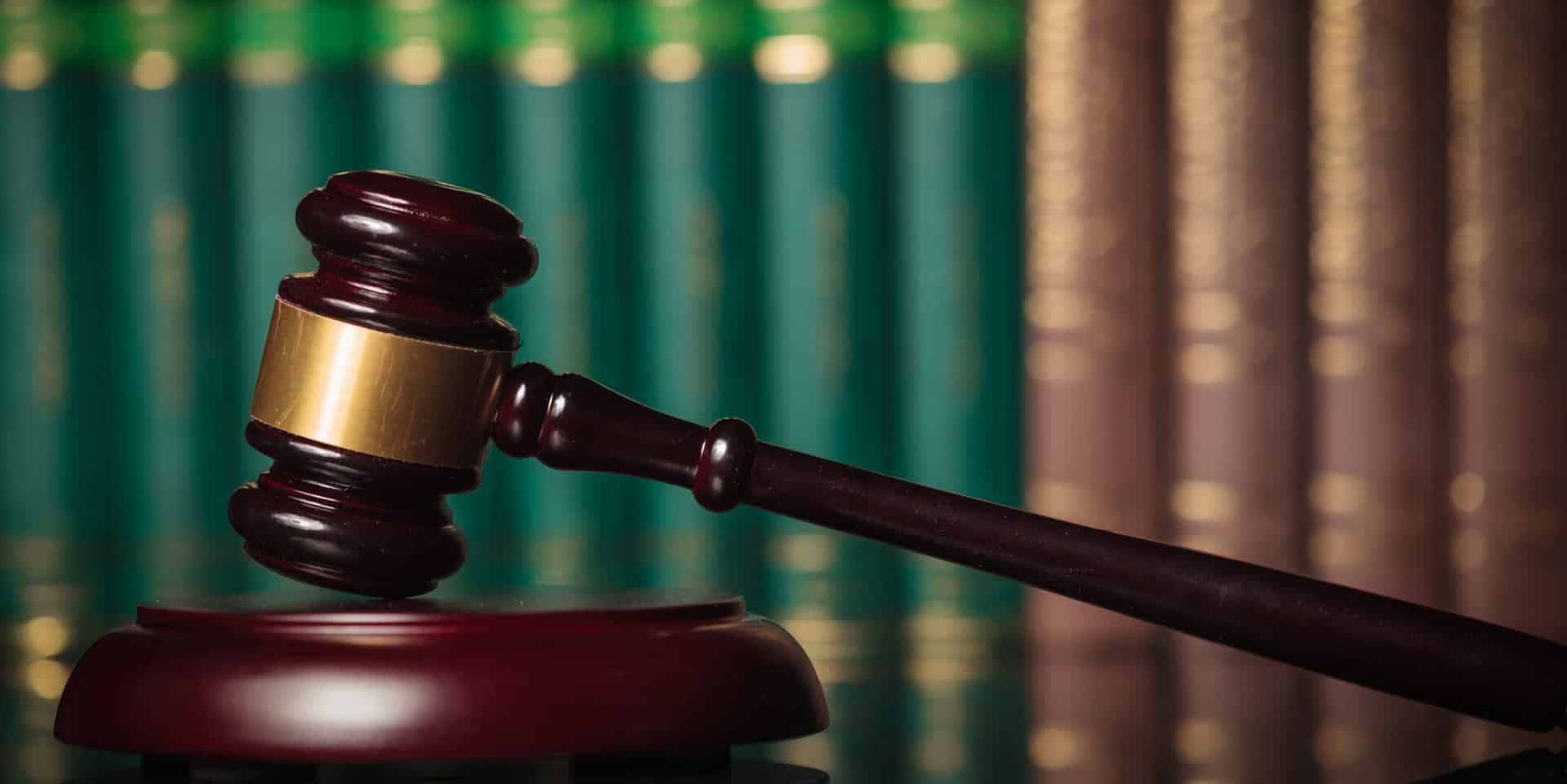Filing An Insurance Claim In Indiana
Category: Car Accidents
Article by Tuley Law staff

If you’re injured in a traffic accident, it might be easy for confusion to set in. Do you have to call the police? Your insurance company?
Will you need to file an auto insurance claim, or even a personal injury lawsuit? Are there filing deadlines? Will you need an attorney’s help?
It’s imperative to understand your legal options and obligations after a traffic collision. What, exactly, do you have to do if you’re injured in a crash in Indiana, and when do you have to do it?
An Evansville car accident attorney can help later, but at the scene of the crash, you must take some steps to protect yourself, and no lawyer will be there to help you.
What is the first priority after any traffic collision?
In any traffic accident, the first priority is to summon medical help for yourself and for anyone else who’s been injured in the collision. The next step is to call the police.
In Indiana, if a traffic collision results in an injury, fatality, or damage to property exceeding $1,000, you must report the crash to the local police within ten days.
But if you’ve been injured, don’t wait ten days or ten minutes to call the police. Make the call immediately after you’ve summoned medical help, because you’ll want the police to investigate the accident scene and complete an accident report.
Make sure you ask the officers how to obtain a copy of their report and when it will be available.

Be sure you get that driver’s name, address, phone number, driver’s license number, license plate number, insurance company name and contact information, and if possible, the driver’s policy number.
If the other driver is incapacitated, ask the police to help you get the information you need.
What else should you do at the accident scene?
At the accident scene, you should also take photos and try to get the names and contact information for any eyewitnesses.
Photos and eyewitness statements that verify your insurance claim can help you get a quick, reasonable settlement, and if your case later becomes a personal injury trial, photographs and eyewitness testimony can be powerfully persuasive.

If you’ve suffered an injury or injuries in the accident, let an experienced Evansville personal injury attorney handle your claim and negotiate with the insurance company on your behalf. Your health and your future are too important to risk.
But if the only damage in the crash was vehicle damage, there’s no reason why you can’t negotiate your claim directly with the insurance company – if you want to.
But how do you file an insurance claim? If the other driver was at fault, do you file your claim with that driver’s insurance company or with your own?
How - and where - should you file an auto insurance claim?
Indiana motorists are required by law to carry automobile insurance.
Indiana is a “fault” state, so if you believe that the other driver was more than 50 percent at fault for the accident, you may file your claim with your own insurance company or with the other driver’s insurance company.
Do it promptly, especially if you submit your claim to the other driver’s auto insurer.
Understand that submitting your auto insurance claim is just the initial step. After you file a claim, a claims adjuster will examine the evidence to determine which driver was at fault.
You may have to speak several times with the adjuster or even meet face-to-face. If the company isn’t reasonable and does not settle with you quickly and fairly, get an attorney’s help.

Under modified comparative negligence in Indiana, if a driver is 51 percent or more at fault in a collision, that driver may not recover any damages. It’s called the “51 percent rule.”
How does modified comparative negligence work in Indiana?
If a motorist is 50 or less at fault in the crash, that motorist may recover damages reduced by the percentage of his or her fault.
Here’s an example: Let’s say that you are proceeding through a green traffic signal at maybe five or seven miles per hour over the limit when you are struck by a drunk driver blowing through the red light at thirty miles per hour over the limit. To keep the arithmetic easy, let’s say that your damages in the crash total $100,000.
Most of these cases are settled through out-of-court negotiations. Attorneys for each side negotiate a settlement that’s acceptable to everyone who’s involved.
If no agreement can be reached and the case goes to court, you may receive the full $100,000.
On the other hand, jurors might determine that because you were speeding, you are fifteen percent at fault for the crash. In that scenario, you would receive $85,000 rather than $100,000.

But in other collisions, it’s a lot more complicated.
Witness statements, police accident reports, photos of the accident, and medical records can all be examined by courts and insurance companies to determine fault.
After a car accident, will you need an attorney?
Negotiating directly with an auto insurance company is fine in cases that only involve vehicular damage, but if you are injured by a negligent driver in Indiana, after you’ve been checked out medically, arrange at once to consult an car accident attorney.
Your attorney will explain whether you can or should pursue a personal injury lawsuit to obtain complete compensation for your medical bills, lost wages, and other damages.

You can help your own case immensely, however, by getting medical treatment immediately, taking photographs, having eyewitnesses, and having an experienced injury lawyer advocate for justice on your behalf.
Have questions about your case?
Contact us